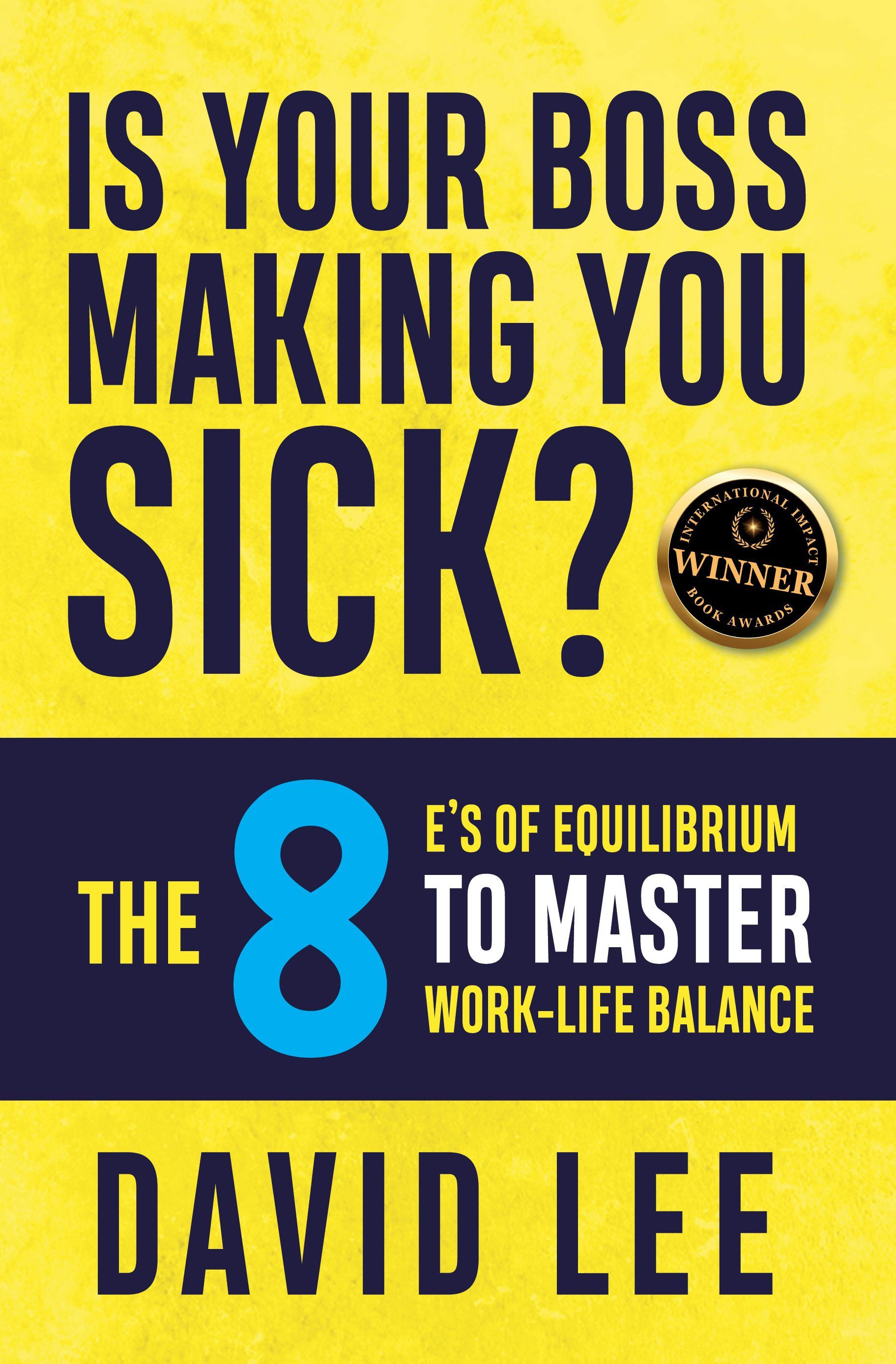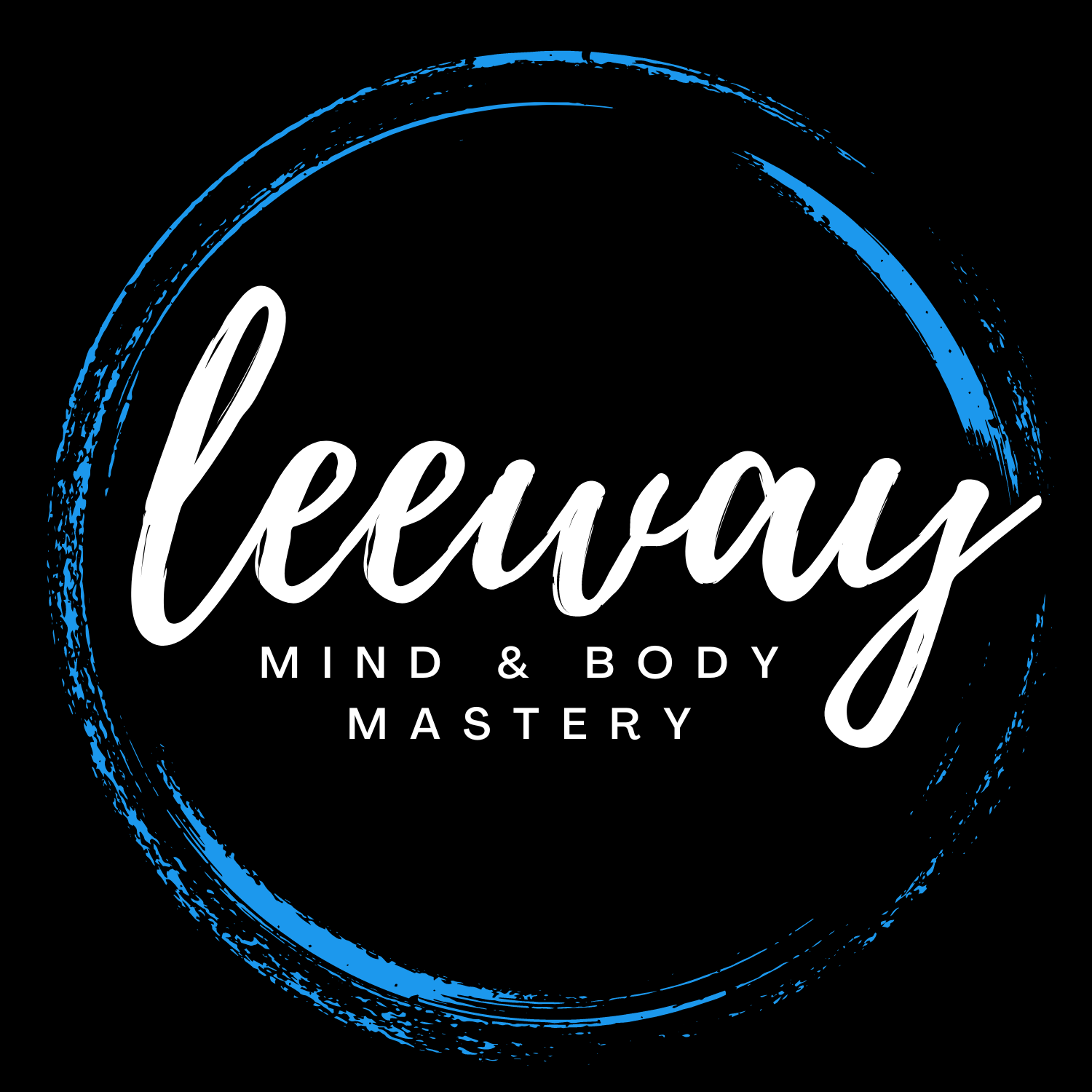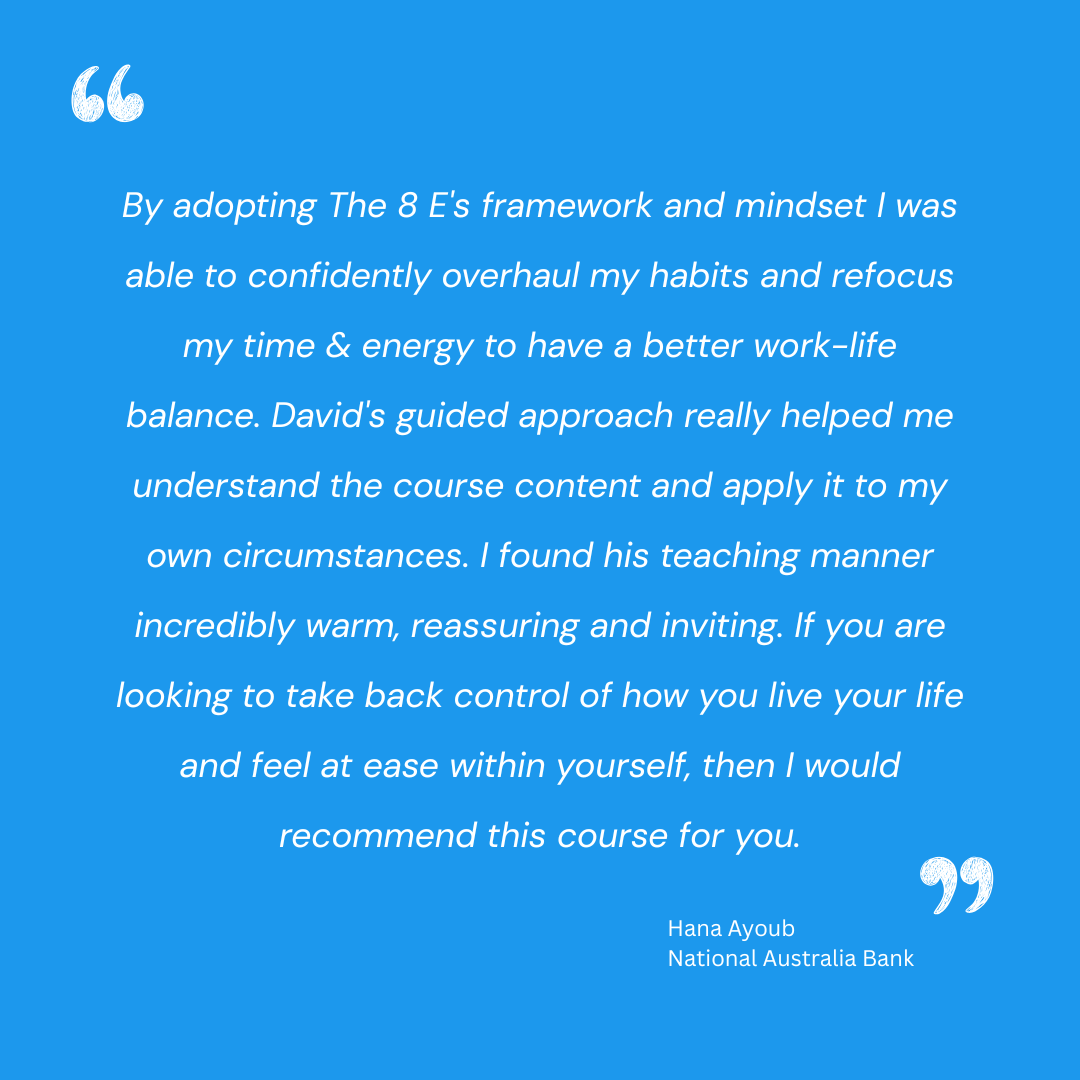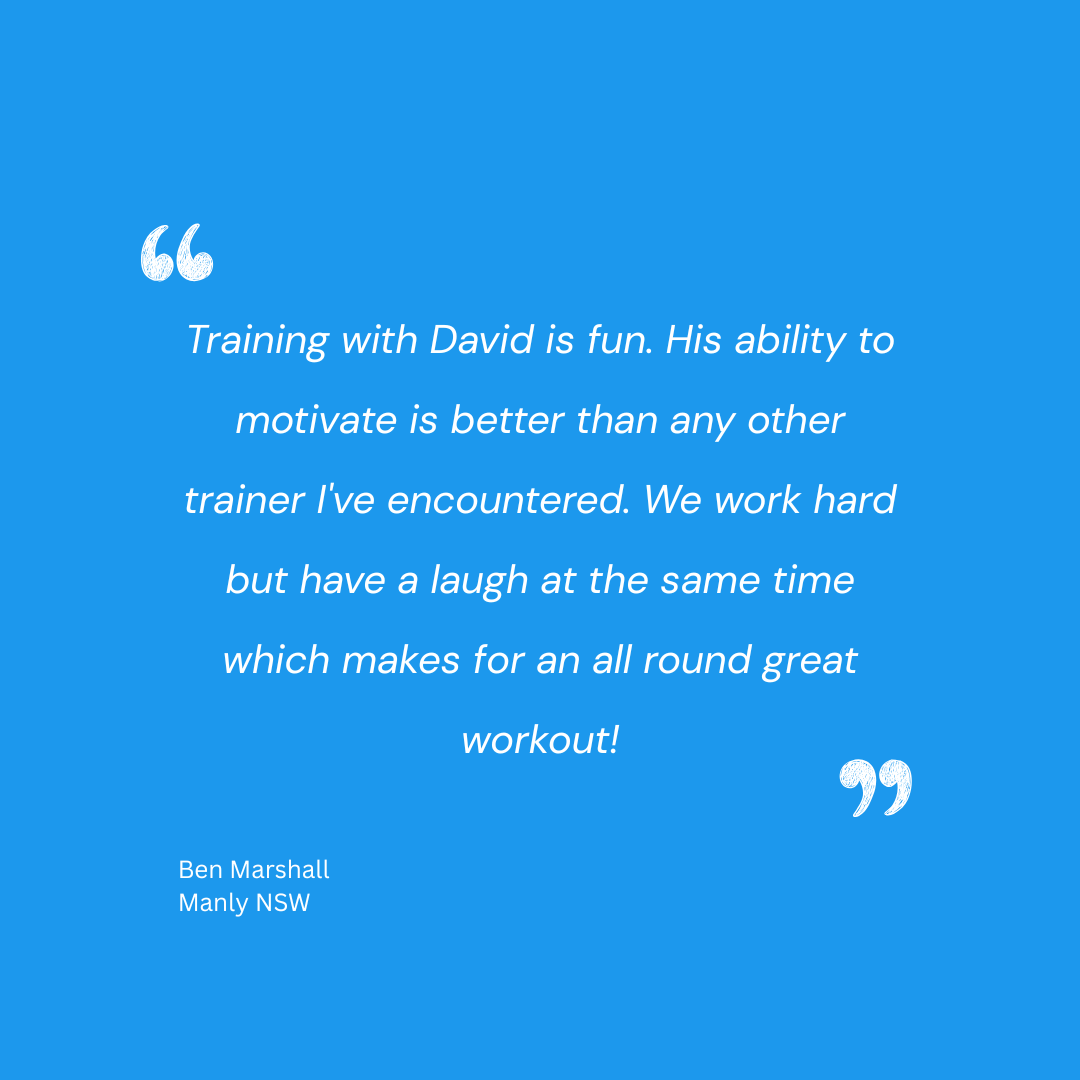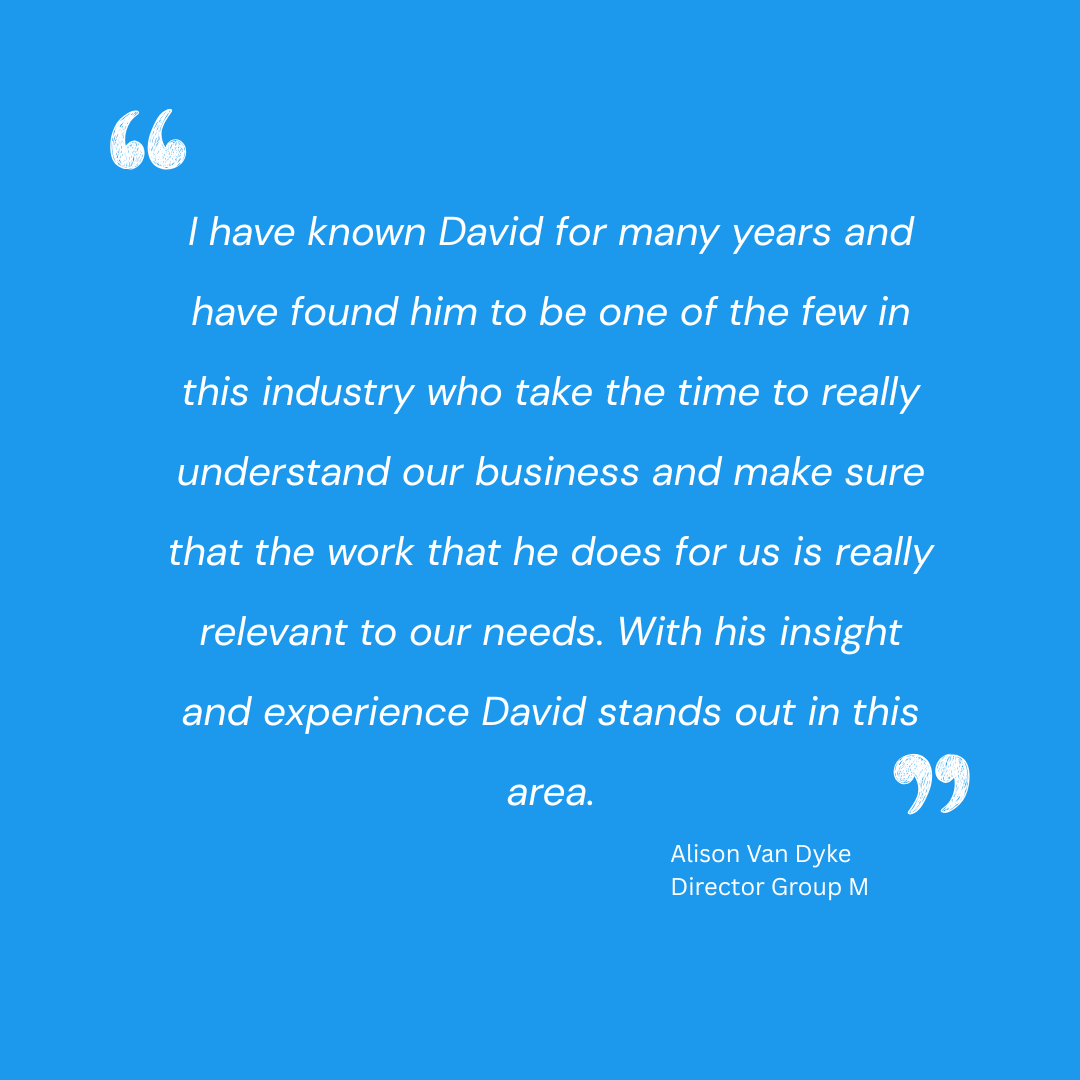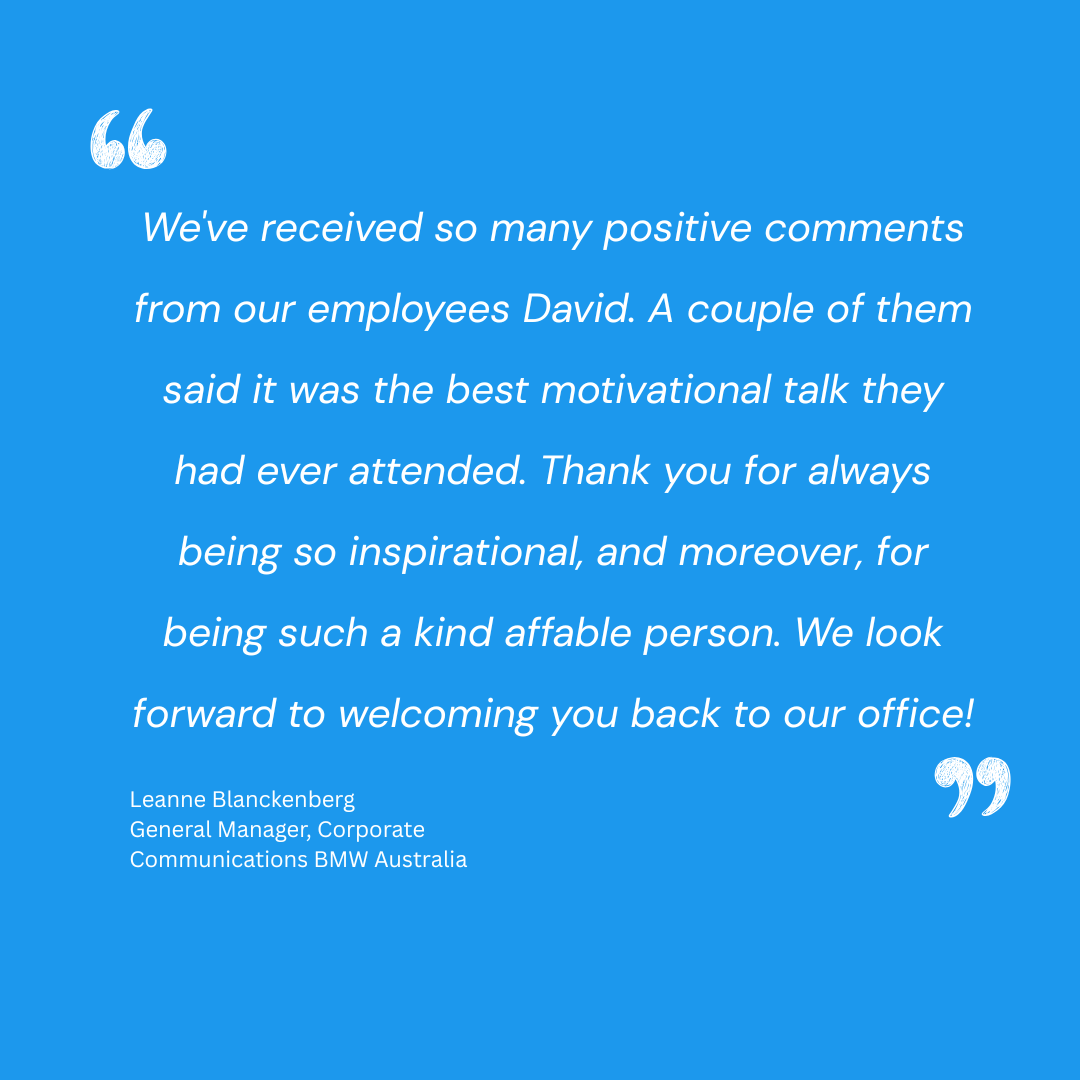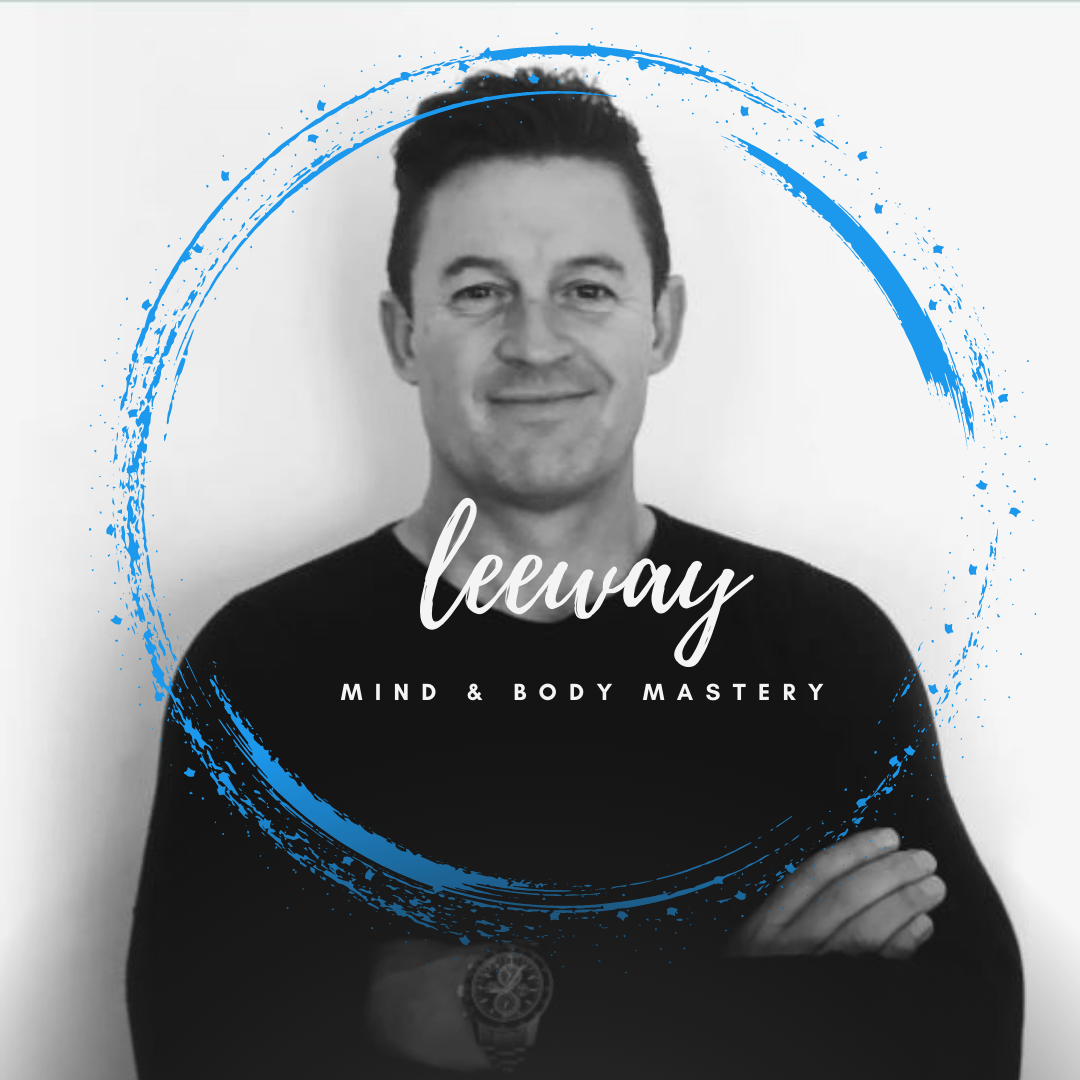Mindset & Performance Mentoring
For Entrepreneurs, Leadership Teams & Professionals
Transform Your Life - Start Today
Focus, Fun & Fulfilment
Break through the noise. Build lasting habits.
Step into the life you know you're capable of living, mentally, physically, spiritually, socially, financially, relationally, in business, as in life.
This isn’t just coaching. This is mindset, movement and mastery.
Your Best Self Awaits!
BOSSFIT BY LEEWAY
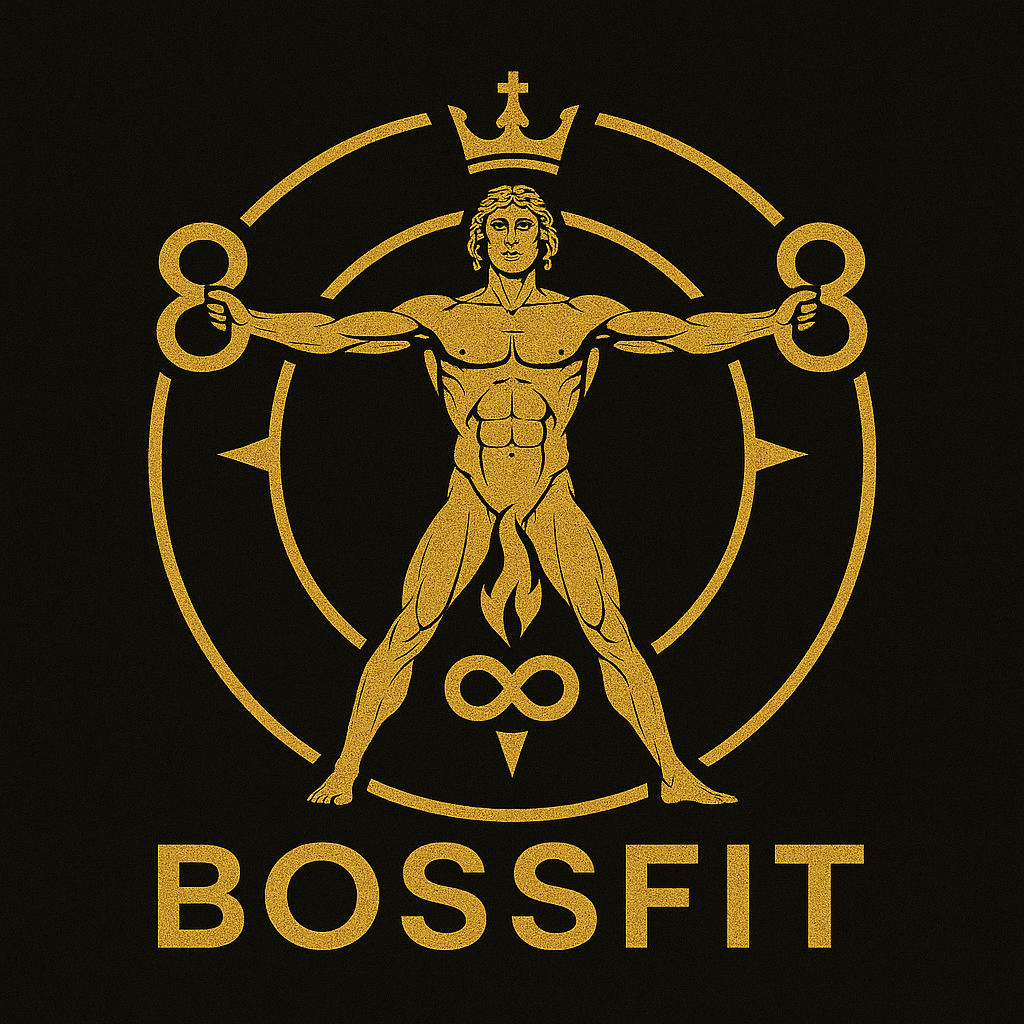
BOSSFIT is a ground-breaking philosophy designed to help men reclaim energy, sharpen focus and lead with clarity across every domain of life.
No fluff. No ego. Just structure, strength and real-world momentum.
Rewiring men for discipline, direction, and drive through physiology and purpose.
Online Men's Coaching and Wellness:
Private intake only.
A new era of purpose-driven performance is here.
Leadership. Resilience. Mastery.
For men ready to live by design; mentally, physically and beyond.
email david@bossfit.au
Hi, I'm David Lee
I'm a lifelong learner with a passion for sharing knowledge and improving the lives of the people I work with. Coaching for 24 years, my work as a Mindset and Performace Coach, has allowed me to see firsthand how your health is your wealth.
I believe most people’s roadblocks in life can be corrected by adopting a ‘physiology is psychology’ attitude. I believe in a balanced approach to life, and peace of mind is my highest priority.
Mind and Body Mastery is the path to this achievement.
The First Step in Reclaiming Life on Your Terms!
Unlock Your Potential with Daily Inspiration -
Delivered Straight to Your Inbox!
Start your mornings with clarity, drive and reminders of what truly matters.
Join David Lee's Daily Dose Quote newsletter for thoughtful quotes and insights that promote a proactive approach to life.
Whether you're striving for balance, success or simply some daily encouragement, Daily Dose Quote gives you the tools you need to thrive!
Subscribe today and begin your journey to a more fulfilled life!
A Sneak Peek from the Articles
Your daily dose into clarity, motivation and purpose!
Feeling Overwhelmed by Stress?
Take Charge of Your Well-Being and Reclaim Your Peace of Mind.
- Order Your Copy Now and Start Your Journey to a Stress-Free Life!
